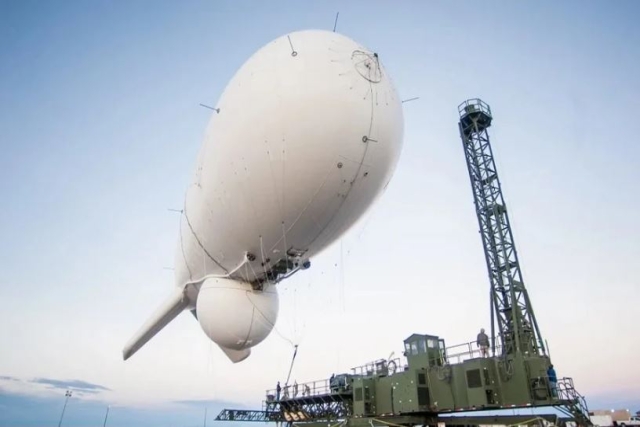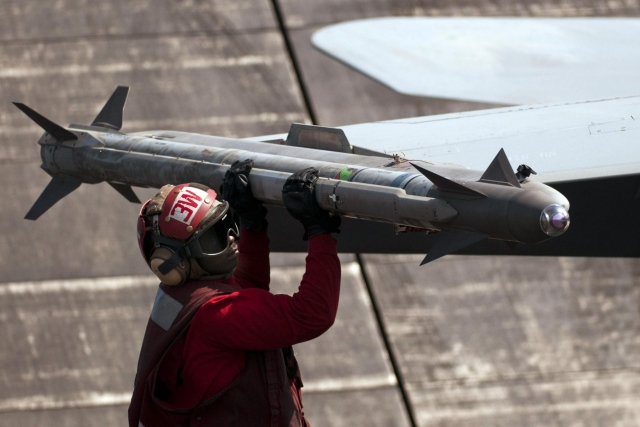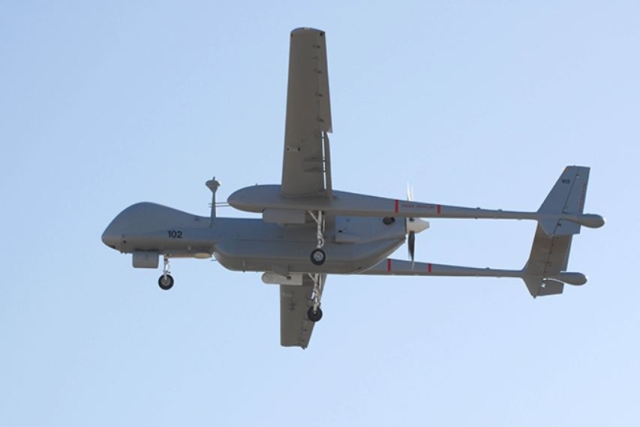Poland Secures $960M Agreement for Purchase of Aerostats to Detect Airborne, Maritime Threats
Poland will become second country in the world to use this type of system
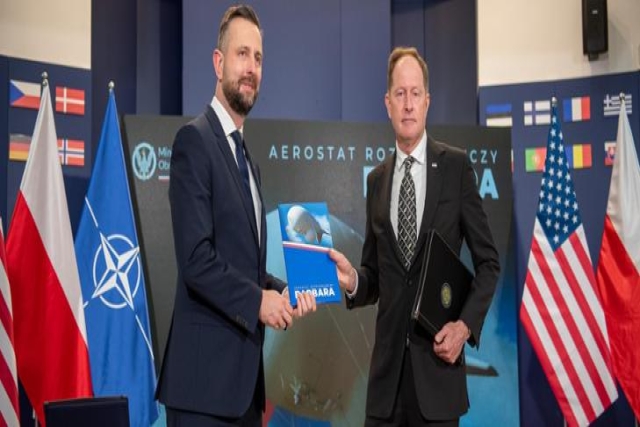
Poland has finalized a contract worth $960 million for the acquisition of aerostat-based early warning radar systems.
The agreement was sealed during a ceremony on May 22 attended by Deputy Prime Minister Władysław Kosiniak-Kamysz and Paweł Bejda, the Secretary of State at the Ministry of National Defense.
Poland's Armament Agency announced on May 6th that its aerostat reconnaissance program will be named "Barbara." The contract involves the procurement of the radio engineering aerostat system, positioning Poland as only the second country globally to deploy this advanced technology.
This agreement, supported by a loan from the U.S. government, is part of a broader effort to enhance Poland's defense infrastructure.
Earlier in February, the U.S. State Department granted approval for a potential Foreign Military Sale to Poland, with an estimated value of $1.2 billion, encompassing advanced Airspace and Surface Radar Reconnaissance (ASRR) aerostat systems. Raytheon Intelligence & Space, ELTA North America, and Avantus Federal LLC are the primary contractors tasked with fulfilling the program's requirements.
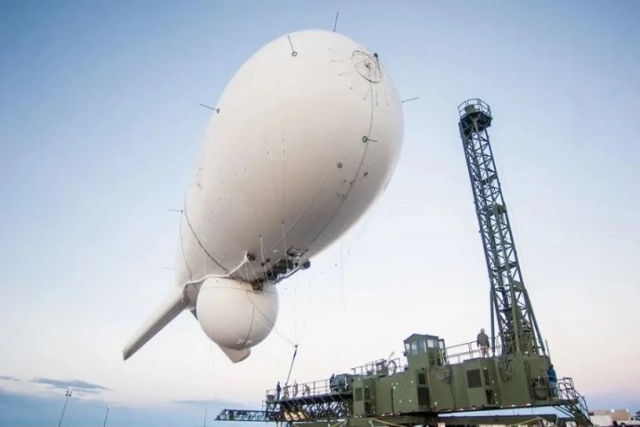
Under the terms of the contract, Poland will receive four "Barbara" reconnaissance aerostats, specially designed to complement existing air defense and coastal surveillance systems. Equipped with sophisticated radar technology, these aerostats are capable of detecting a wide array of threats, including missiles, aircraft, drones, and surface vessels, with a surveillance range extending beyond 300 kilometers.
Strategically positioned along Poland's eastern and north-eastern borders, these aerostats will enhance the country's surveillance capabilities, bolstering its readiness to respond to potential security challenges.
Aerostats with radar and electronic intelligence will monitor air and ground threats, including low radar cross-section unmanned aircraft systems (UASs) and low-flying inbound aircraft. Radar systems must track air-breathing targets from 100 to 15,000 feet above ground at speeds of 110 to 1,482 kilometers per hour. Platforms need a 360-degree field-of-view and potential for future system integration, per a June 2022 request for information.

